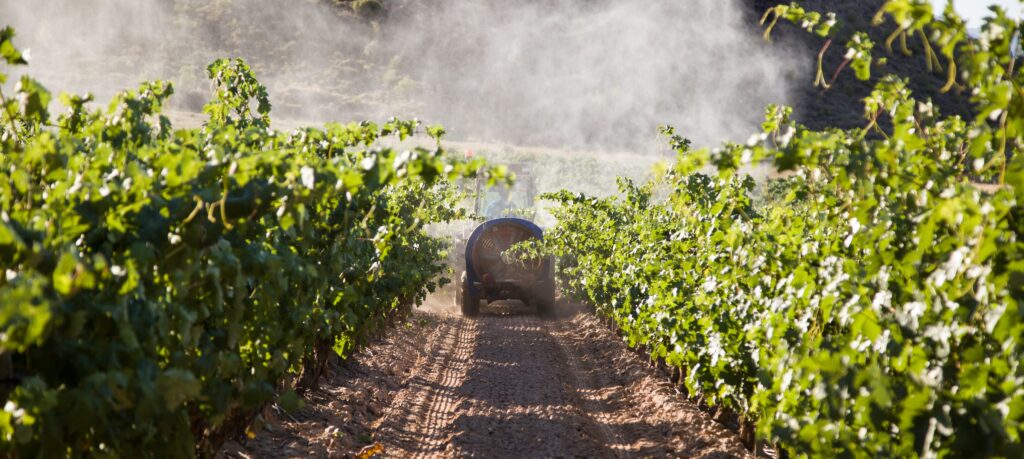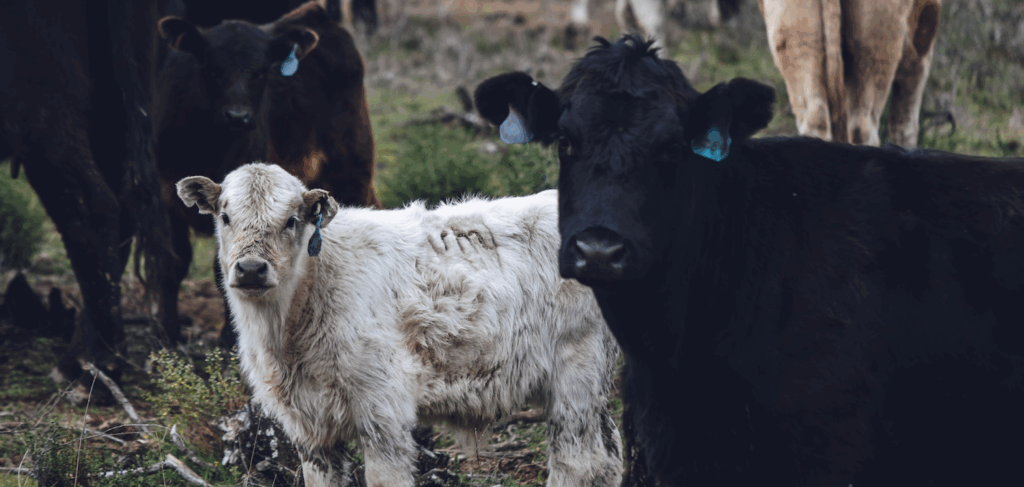This is the main thrust of the open letter we sent to Minister Thoko Didiza today, with Biowatch, Environmental Monitoring Group, the Association for Rural Advancement, and Tshintsha Amakhaya. So far 50 organisations have endorsed the letter.
This letter is intended to push the Department to engage systematically and meaningfully with CSOs, including household and smallholder farmer networks across the country, to expand and support agroecological initiatives. This follows on from the disclosure in October to the Parliamentary Portfolio Committee on Agriculture, Land Reform and Rural Development that the DALRRD had underspent by R1.3 billion for 2021/22. Meanwhile, CSOs that can provide significant support to realising stated government objectives receive no support.
Read the full letter here.
Historical context
Agroecology has been promoted as an alternative to industrial-corporate agriculture by the international peasant movement, La Via Campesina1 and other organisations for decades. Interest globally became more pronounced with the release of an International Assessment of Agricultural Knowledge, Science and Technology for Development (IAASTD) report2 in 2009, which identified agroecology as a crucial pathway forward for agrifood systems.
Since then, many major institutions have introduced agroecology programming. In 2018, the UN Food and Agriculture Organisation (FAO) published a set of 10 elements of agroecology,3 and in 2019 the Committee on World Food Security (CFS) – part of the FAO – extended these elements into a set of thirteen principles.4
All of these processes were a combination of participation and consultation, with intense contestation. Nevertheless, these frameworks are useful to find a common starting point based on principles.
Since 2009, South African organisations have been raising awareness around agroecology as a concept and linking it with local practices. Attempts around 2010 to develop an agroecology strategy with the Department of Agriculture petered out.
In 2019, Biowatch,5 a non-governmental organisation based in KwaZulu-Natal province, drew organisations together to develop an initial national process, which eventually led to the formation of the Agroecology South Africa platform, currently with over 270 participants.
Although the Covid-19 pandemic curtailed activities, this nascent agroecology movement continued to link up with organisations working on intersectional issues of land, climate and environment, to lobby government in 2020, first to extend the Agricultural Disaster Relief Fund to include smaller producers (below R50,000/annum turnover), who were previously excluded, and also to insist on having a choice of ecological inputs rather than only conventional inputs (synthetic fertilisers; hybrid and GMO seed; and toxic pesticides). This lobbying was successful, and the Department conceded.
Organisations also came together to call out the budget cuts in the middle of 2020, where R2.4 billion was cut from the DALRRD budget and R766 million was cut from the Department of Forestry, Fisheries and the Environment (DFFE) budget, through a widely-supported statement released in June 2020.6 This was very hastily assembled and organisations were not able to drive it forward effectively, so it was ignored. Today, organisations have assembled on a strong basis to call for systematic and meaningful engagement between government and agroecology networks to advance agroecology as a key response to the multiple environmental, social, economic and justice challenges facing the country.
Today, organisations have assembled on a strong basis to call for systematic and meaningful engagement between government and agroecology networks to advance agroecology as a key response to the multiple environmental, social, economic and justice challenges facing the country.
For more information please read the full letter here.
Cover image: ©Siobhan Jordan / Caritas Australia. 2019. flickr
References
[1] https://viacampesina.org/en/
[2] https://www.globalagriculture.org/report-topics/about-the-iaastd-report.html
[3] https://www.fao.org/agroecology/overview/overview10elements/en/
[4] https://www.fao.org/cfs/workingspace/workstreams/agapp/en/
[6] Civil society statement on the South African Supplementary Budget: Implications for food security and land reform within a context of multiple crises: https://acbio.org.za/corporate-expansion/agroecology/civil-society-statement-south-african-supplementary-budget/



